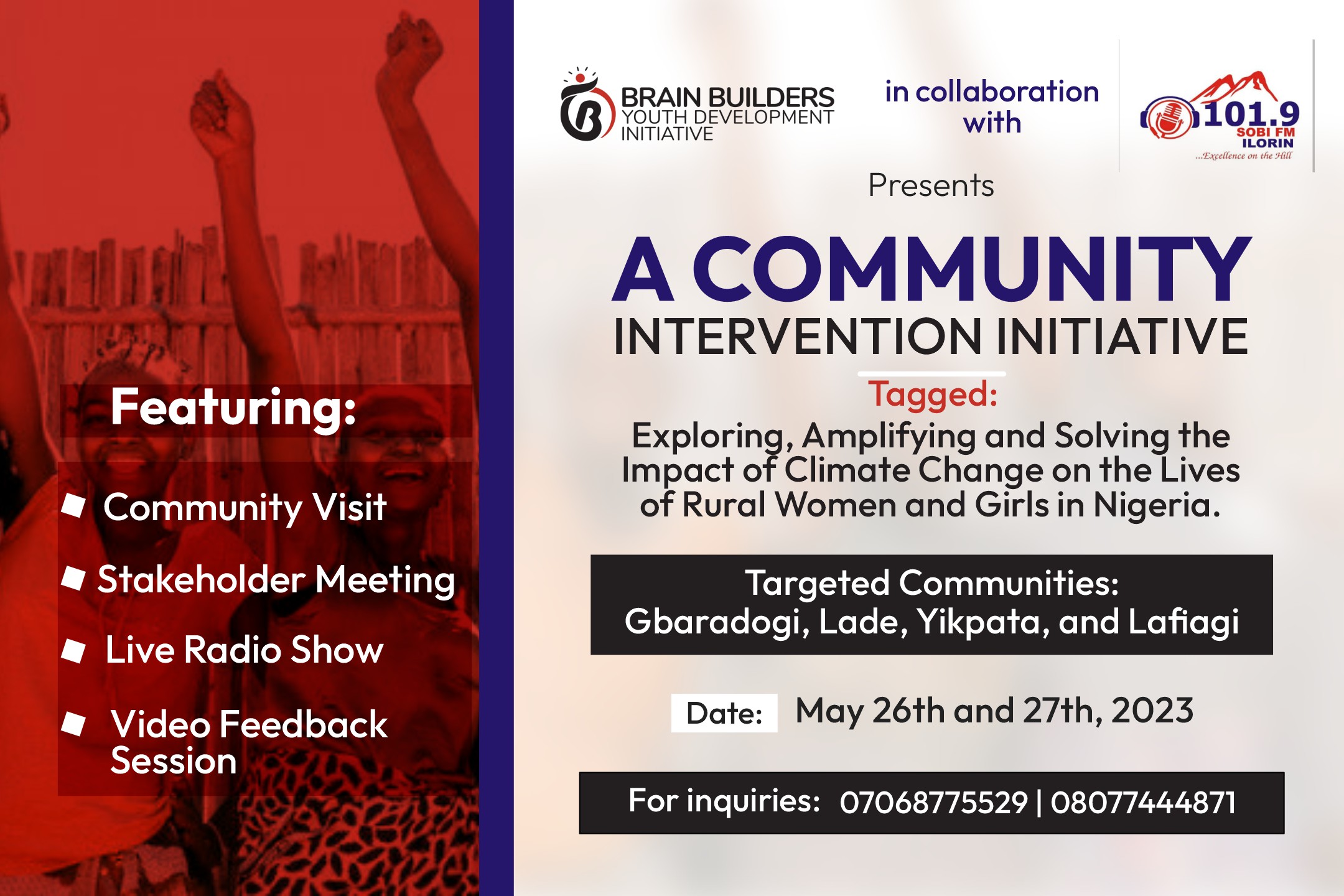“Electrical vehicles are really powered by coal because that’s what’s used to produce electricity.” Reading that, did your BS detector go off? If not, you’re not alone.
Climate falsehoods can be hard to spot and are often intentionally meant to confuse or deceive.
That misleading statement about Electrical Vehicles is an example from the global news agency Agence France-Presse’s new online training course, “Verifying Climate Claims.”
The one-hour free course is designed to empower journalists in assessing both climate misinformation defined as unintentional inaccuracies and climate disinformation, which are deliberate falsehoods that promote a specific agenda.
Both are on the rise as news about climate change, its far-reaching impacts, and potential solutions become more prominent.
AFP does not mince words about the seriousness of the problem: “Misinformation and disinformation undermine belief in the causes and dangers of climate change,” AFP journalist Gaelle Faure says in a video introducing the training course.
“They also undermine efforts to limit it and to mitigate the damage. They thus pose a threat to human health and life.”
If that sounds serious, that’s because it is. Climate action is needed now, and sowing doubt about climate change further delays action and can contribute to bad decisions. Journalists play a crucial role in verifying the accuracy of climate-related claims before reporting them and reporting on instances of climate misinformation.
In doing so they help the public to make informed decisions grounded in evidence rather than inaccuracies or spin.
“Verifying Climate Claims” identifies common sources for climate falsehoods, including politicians, industry lobbyists, and climate-skeptic “think tanks.” Importantly, sometimes well-meaning individuals also unintentionally spread climate misinformation too.
AFP’s training program provides guidance on how to spot inaccurate and deceptive climate claims, including greenwashing, and techniques to assess their accuracy. Journalists learn how to evaluate statements for fact-checking and are provided with recommended sources for doing so.
CCNow staff took the on-demand class, and highly recommend it to our fellow journalists. The course is designed to help people get up to speed fast, with a variety of multimedia elements — videos, examples, tips, and quizzes — making it dynamic and impactful.
Developed by AFP’s digital investigation and climate teams, “Verifying Climate Claims” is available in four languages: English, French, Portuguese, and Spanish. AFP will provide you with a certificate upon completion.
CCNow applauds AFP for its leadership in helping train fellow journalists to provide accurate reporting on climate change and supporting journalism excellence.
By developing this course and sharing it free of charge, AFP has armed journalists with a powerful new tool to navigate the complexities of climate reporting. It could not come soon enough.





